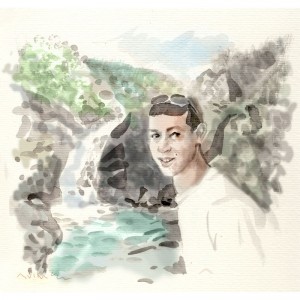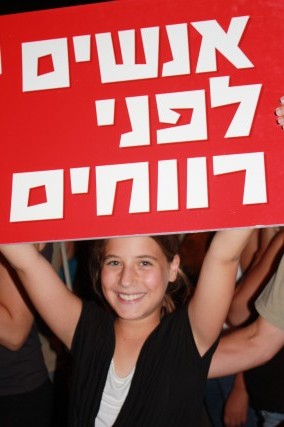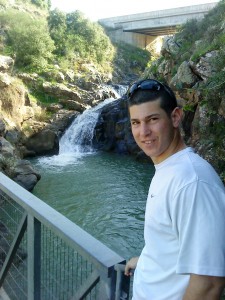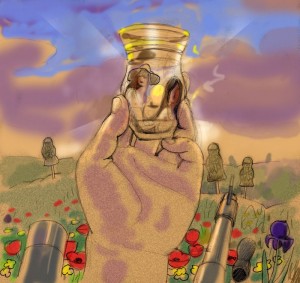My new piece is up at the Daily Beast:
Honesty is difficult, perhaps distasteful, in talking of man just now dead. Honesty nonetheless requires saying that Benzion Netanyahu would be briefly eulogized as a historian, and more briefly recalled as a footnote to forgotten Zionist rivalries, were it not for his other legacy: the son whose politics, view of history, and resentments he shaped.
Netanyahu, who died Monday at age 102, was a specialist in the history of the Jews of Spain. In his books, he asserted a revisionist thesis: Spanish Jews converted to Christianity willingly, not under duress. Their willing assimilation did not reduce their neighbors’ hatred of them. The Inquisition’s pursuit of conversos was not based on religion, nor was Spain’s expulsion of Jews who remained Jewish. Both persecutions expressed economic resentment and racial hate toward Jews. And, he wrote, “Just as the Jews of Germany failed to foresee Hitler’s rise to power… so the Jews of Spain failed to notice… the mountainous wave which was approaching to overwhelm them.”









